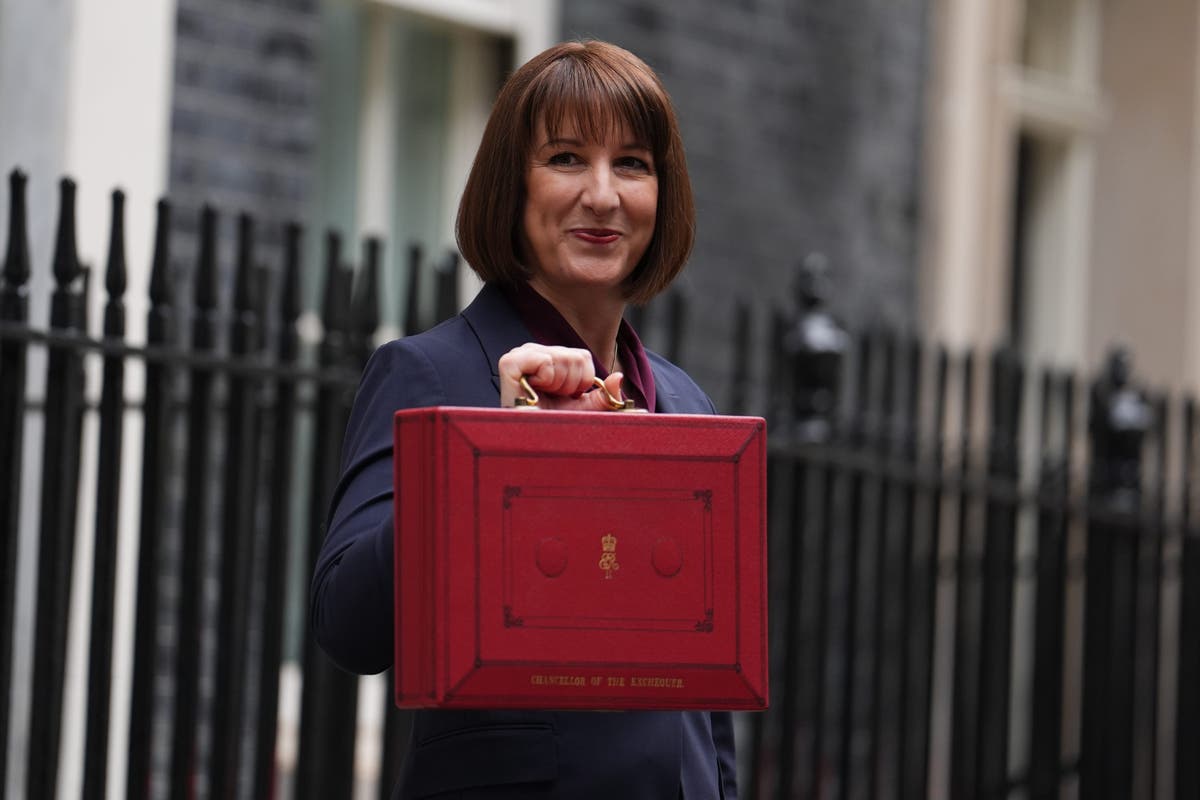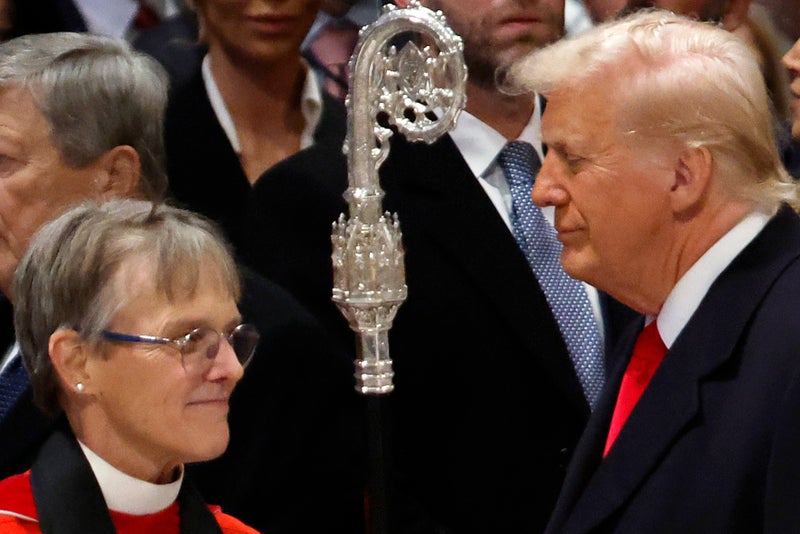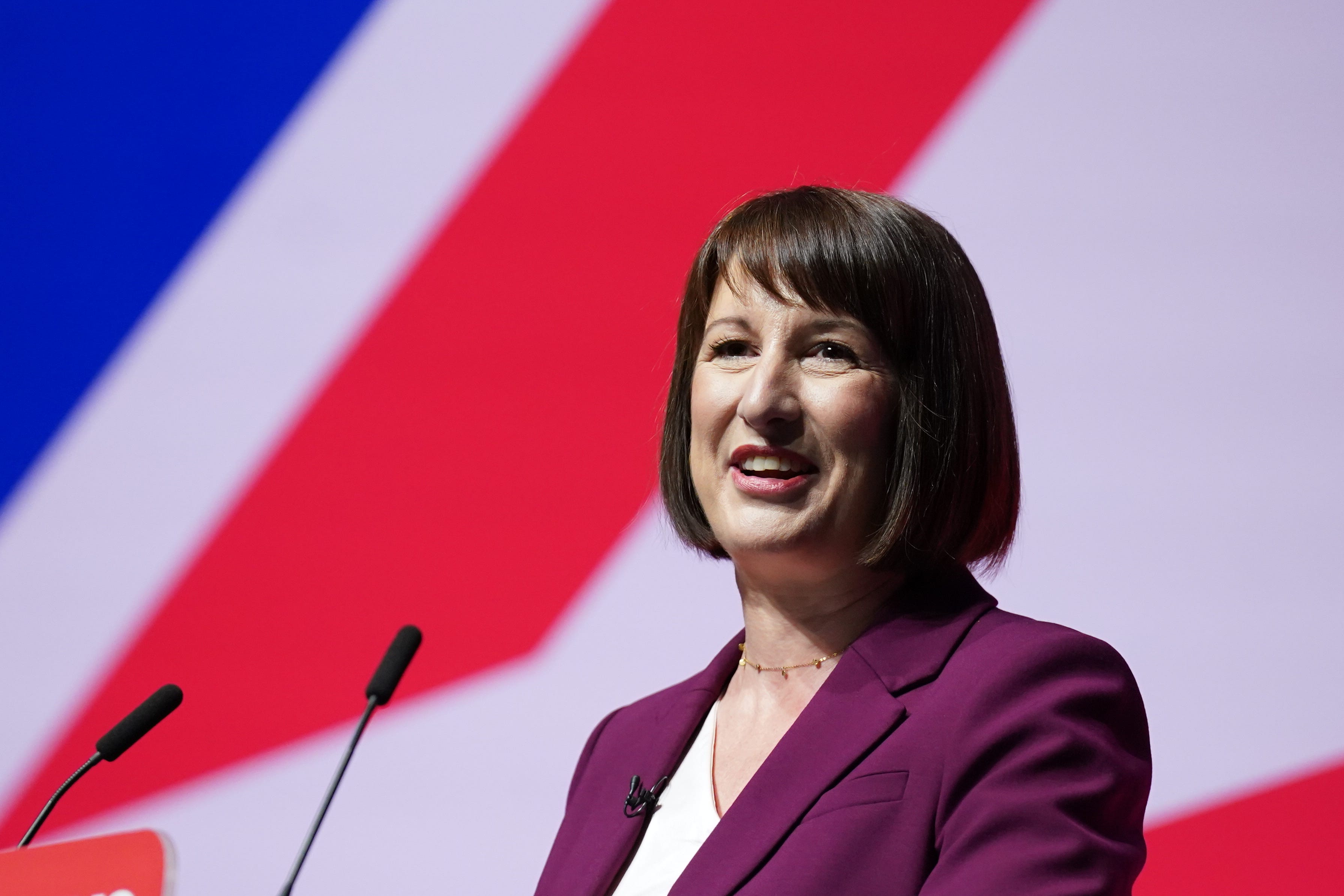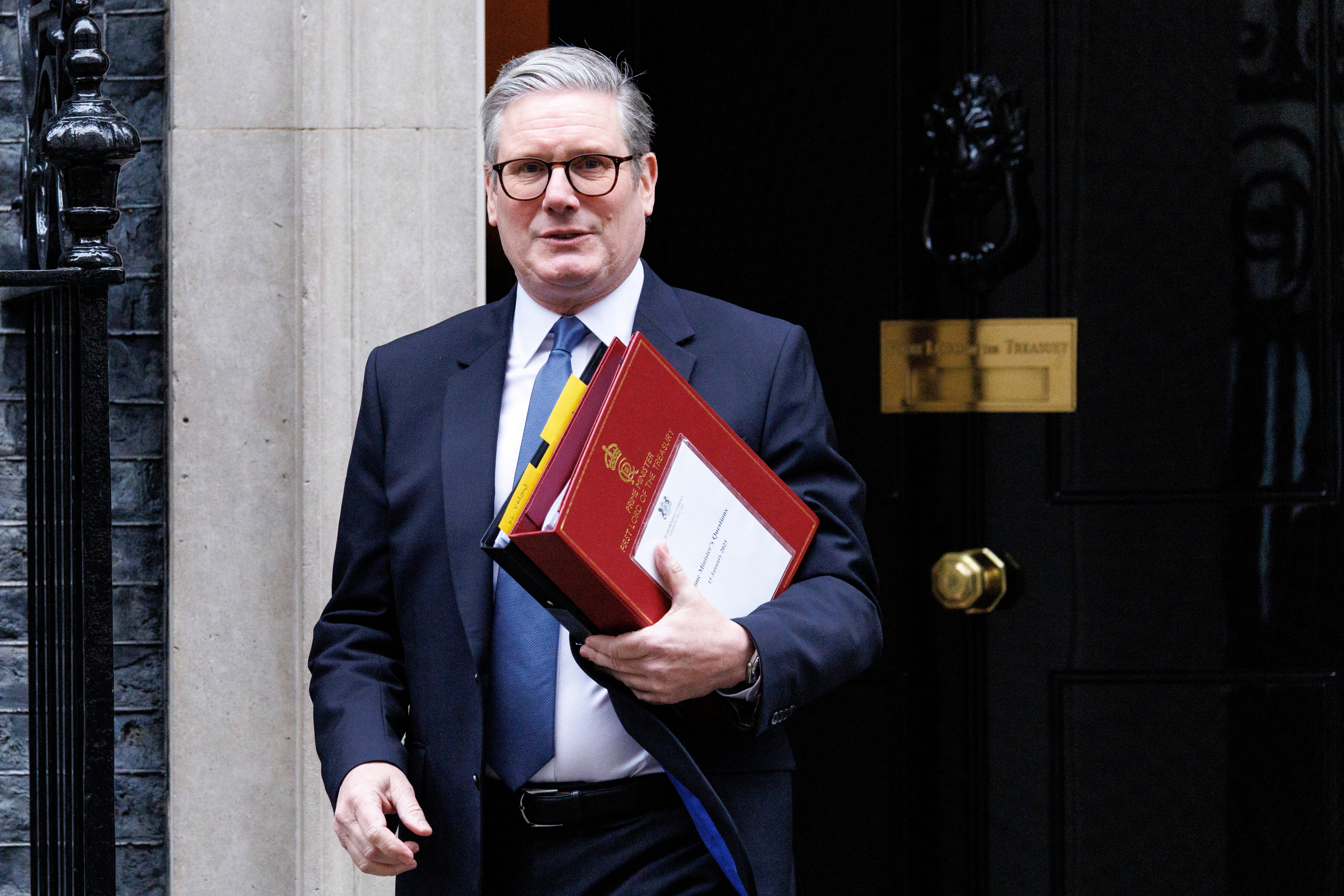Rachel Reeves must not ask the poor and the vulnerable to pay for her mistakes
Share:
Editorial: The chancellor is contemplating cuts to disability benefits to balance the books but her gamble may backfire. Rachel Reeves, the chancellor, is in trouble. She has not allowed herself a big enough margin for error in case her painful October Budget, intended to restore the public finances, fails to do the trick.
She should ignore the opportunistic calls from the Conservatives to return from her China trip to deal with rising long-term interest rates. A hurried return would undermine market confidence further, rather than provide reassurance, and her engagement with the Chinese authorities is a pragmatic policy in the national interest.
Hence, the speculation in the media – some of it informed by briefings from the Treasury – about what further measures may need to be announced in March to stay within the rule. So far, the chancellor and Darren Jones, the chief secretary to the Treasury, have been determined to shut down the option of further tax rises. After last year’s embarrassment of the biggest tax-raising Budget since 1993 from a party that pretended it had no plans to raise taxes at all (apart from the minor measures in the Labour manifesto) this is not surprising. However, it may not be prudent.
The alternative is to copy the Conservative trick, deployed with increasing desperation before the election, of setting out unrealistically low spending plans for the later years of the forecast in order to bend the numbers to fit the fiscal rules. Which is why the speculation has alighted on two areas in particular for possible spending cuts. One is that the government will continue to delay setting a date by which the target of spending 2.5 per cent of national income on defence will be met. However, given that no such target date has yet been set, continuing to fail to set it does not save any real money – it simply postpones the day when a spending increase might be planned.






















